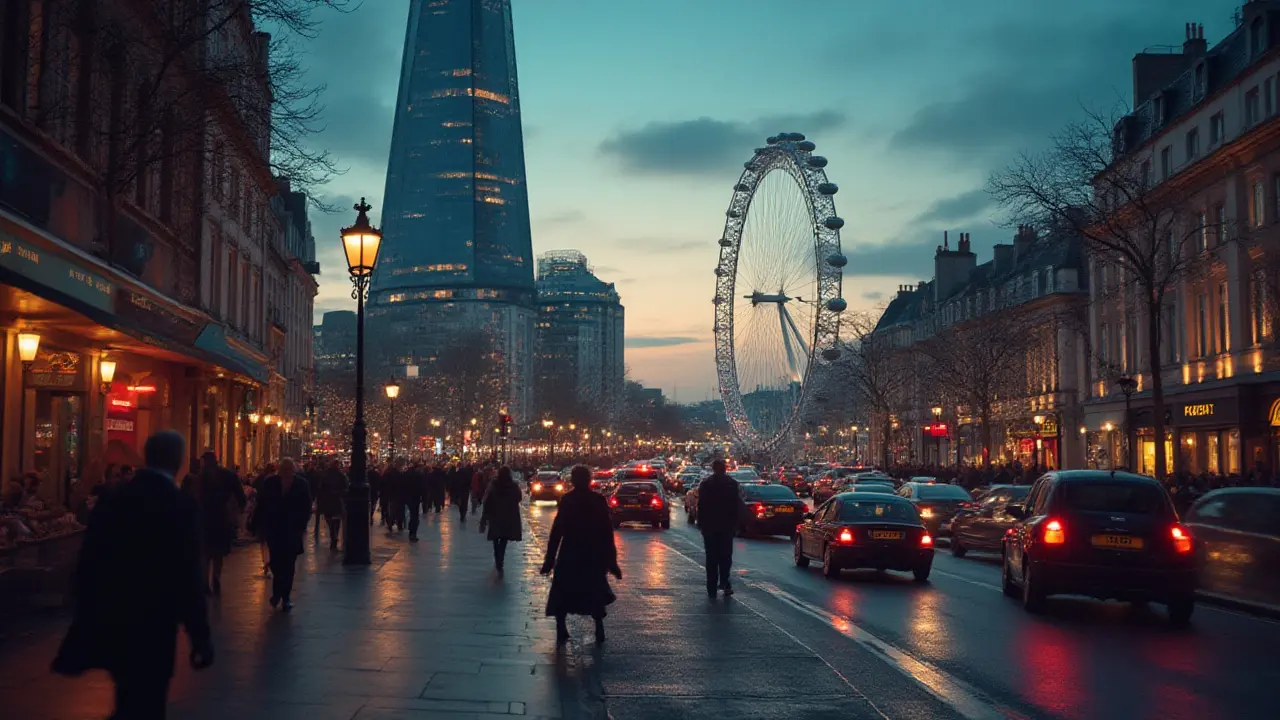Scandal might grab headlines, but money does the real talking in London’s bustling escort world. What most people miss is how deeply the escort industry is woven into the city’s financial fabric. No, this isn’t clickbait. Behind the headlines and hush-hush conversations, London’s escorts add a legitimate punch to the city’s economy that few want to admit — yet, numbers don’t lie. Fancy hotels, posh restaurants, and late-night services all find a curious boost thanks to the business that thrives in this underbelly world.
The Business Side of London’s Sexual Economy
London has always been a city of contrasts: old money brushing up against cutting-edge tech, royalty mingling (if discreetly) with raucous nightlife. The escort industry, quietly, is right in the middle. We’re talking about a market estimated to bring in over £5 billion annually across the UK in 2023, with London easily taking the lion’s share due to its sheer size, wealth, and international pull. This isn’t just pocket change—escorts interact with a vast network of support industries, from security firms and drivers to florists and private chefs.
Job creation is a real consequence here, too. Escort agencies, independent escorts, receptionists, web designers, and those running discreet accommodation services form the backbone of an ecosystem that offers thousands of steady gigs—often to people who struggle to find work in more traditional industries due to prejudice, care needs, or a desire for flexibility. Unlike many cash-in-hand operations abroad, London’s higher-end escort scene often leans towards formal business structures, even registering for self-employment, declaring taxes, and seeking legal advice. Tax paid by adult industry workers contributed an estimated £130 million to HMRC in 2023. That’s money for public services like healthcare and schools—something everyone, regardless of moral position, can appreciate.
It’s easy to ignore the sheer scale of spending clustered around London’s top escort neighbourhoods. Mayfair, Kensington, and the Square Mile aren’t just home to clients but also host a springboard of spending: five-star hotels, private dining rooms, spas, personal shopping. Escorts, especially the high-end „GFE” types (girlfriend experience), often have clients flying in, booking penthouse suites, and spending on experiences galore. This creates a ripple effect benefiting hospitality, entertainment, and even fashion. London’s luxury retail sector chalked up about £13 billion in sales in 2024, and while it’d be wild to credit all of it to escorts, regular personal shoppers report that “discreet companions” are surprisingly regular patrons for designer goods—either shopping for themselves or their clients.

Spending Patterns and Ghost Economics
It’s easy to think of escorting as a cash-in-hand gig operating outside the “real” economy, but the truth is way more complex. Take disposable income—the kind that keeps bars, clubs, boutique hotels, and fashion houses above water. Escorts often spend heavily on self-presentation, safety, and attracting clients: cosmetics, gym memberships, frequenting hair salons, buying high-fashion clothes, and maintaining memberships at exclusive venues. Every lash extension, every phone upgrade—a direct boost to someone’s business.
The city’s after-dark economy wouldn’t be the same without escorts and their clientele. Taxi apps like Uber, late-night minibars, and 24/7 food delivery see bumps in usage, especially in prime areas. Did you know that on Friday and Saturday nights, car services in Mayfair and Soho see a 12% higher booking rate, attributed largely to private events and the „hospitality” sector? Staff at discreet luxury apartments say that “entertainment” clients typically tip more and stay longer, directly increasing the earnings of hospitality workers. According to a recent survey, nearly 15% of luxury spa bookings in Central London were linked (either openly or discreetly) to the escort industry, with demand for privacy, special scheduling, and exclusive use.
Let’s not pretend this doesn’t circle back to everyday London life. Bars stay open late, hotels offer quirky




